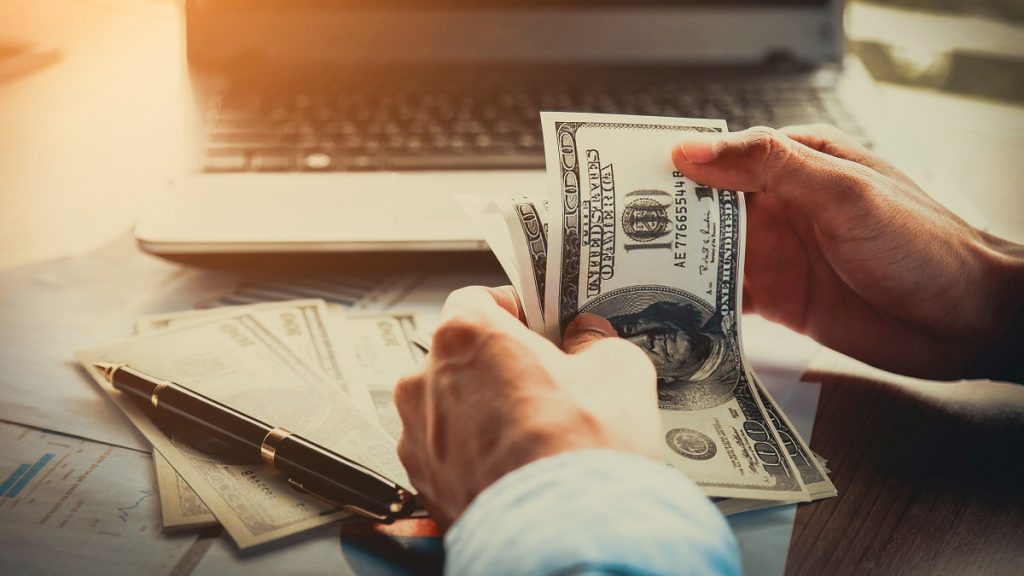The year 2020 has brought many a high level of financial stress. However, if you’re safe at home after all the past year’s catastrophes and have some income stream, reworking finances at the beginning of the new decade can help you regain some control. Become smarter with your finances and save more this 2021 with the following financial advice.
Be Cautious of Spending — Especially for Big Financial Decisions
When making big financial decisions, consider the market’s current state. Even if you have some cash saved, choose to stay liquid. Instead of paying cash up front, get help from mortgage company in your city for affordable home financing options.
Cut Down on Non-Essential Costs
The experience of going to grocery runs and living a general isolated life paved the way to something new—the wisdom of discerning between what you need and don’t need. Previously, people’s ‘normal lives’ consisted of routines such as eating out, shopping for designer brands, ordering expensive coffee, and traveling often. However, today, people label these as ‘non-essentials,’ and these are the expenses you need to cut down.
Downgrade where you may, and you’ll be reaping the benefits in the long run, helping you transition to living a more financially responsible lifestyle.
Keep Investing Keep in mind that market-shaking events such as recessions or market ‘crashes’ are inevitable. However, although it may serve as an obstacle in your journey, remember that it’ll pass and the best way you can adjust to these changes is by staying focused on your goals—and keep in investing. Doing this is particularly important if you’re investing for the long-term. Stocks are volatile when investing short term, but the market has always recovered from declines in the past. Even if the recovery takes some time, it’ll happen, and the issues the market’s facing right now is no different. So, don’t stop investing.
Always Look for Opportunities
After the recession, the market correction of 2008, although devastating during its time, was an excellent time to invest in retrospect. With interest rates likely to stay low for a long time, consider moving faster on specific significant investments such as a house you’ve been putting off the last couple of years. That is, only if you have the means to do it and that you do it thoughtfully with a plan. Remember that there will be opportunities even in troubled times, and if you come across one, don’t hesitate to grab it and grow.
Save Money No Matter the Consequences
People in rough financial spots typically neglect to stash away money for emergencies, and it’s one of the worse common mistakes you can make as it makes you miss an opportunity to earn more down the line. Keep in mind that when saving money, you don’t need to put a lot of money away, and you don’t need your cash to pay down debt. The reality is, even saving $5 every week can go a long way. The best way to ensure you’re optimally saving your money is to set up recurring and automatic payments to your bank savings account.

Set Realistic Goals — and Stick to Them
Chances are, you’re highly unlikely to get to your financial destination without a plan in place. The best way you can stick to your goals is by being realistic. So, make manageable goals, whether it’s a year-end or longer financial goal. However, make sure to take your current financial situation into account and determine how you can achieve those goals.
Check With Your HSA or FSA
Regularly contributing and using your health savings account (HSA) or flexible spending account (FSA) is an excellent way to reduce your tax bills, helping you save tax-free money for emergencies. However, keep in mind that these health plans also have a policy where you’ll lose them all if you don’t use the funds. That’s why make sure to check your HSA and FSA balances to see how much is there and follow throughout your online account or with your HR department to know when you need to spend them.
You can rollover up more than $500 or get two months to spend the funds in many cases. However, if you don’t want to use your HSA and FSA funds before the end of the year but don’t have any use for it, for now, check the online FSA store if there’s something you can buy. These include physical therapy devices, baby supplies, first aid kids, and over the counter drugs. With 2020 finally left in the past, individuals hit hard financially by the ongoing pandemic are learning to cope and are looking for ways to recover in the new year. Even if you didn’t take a massive financial hit, considering the pieces of advice mentioned can help you prepare for whatever may come next—saving you from potential money issues and headaches.

